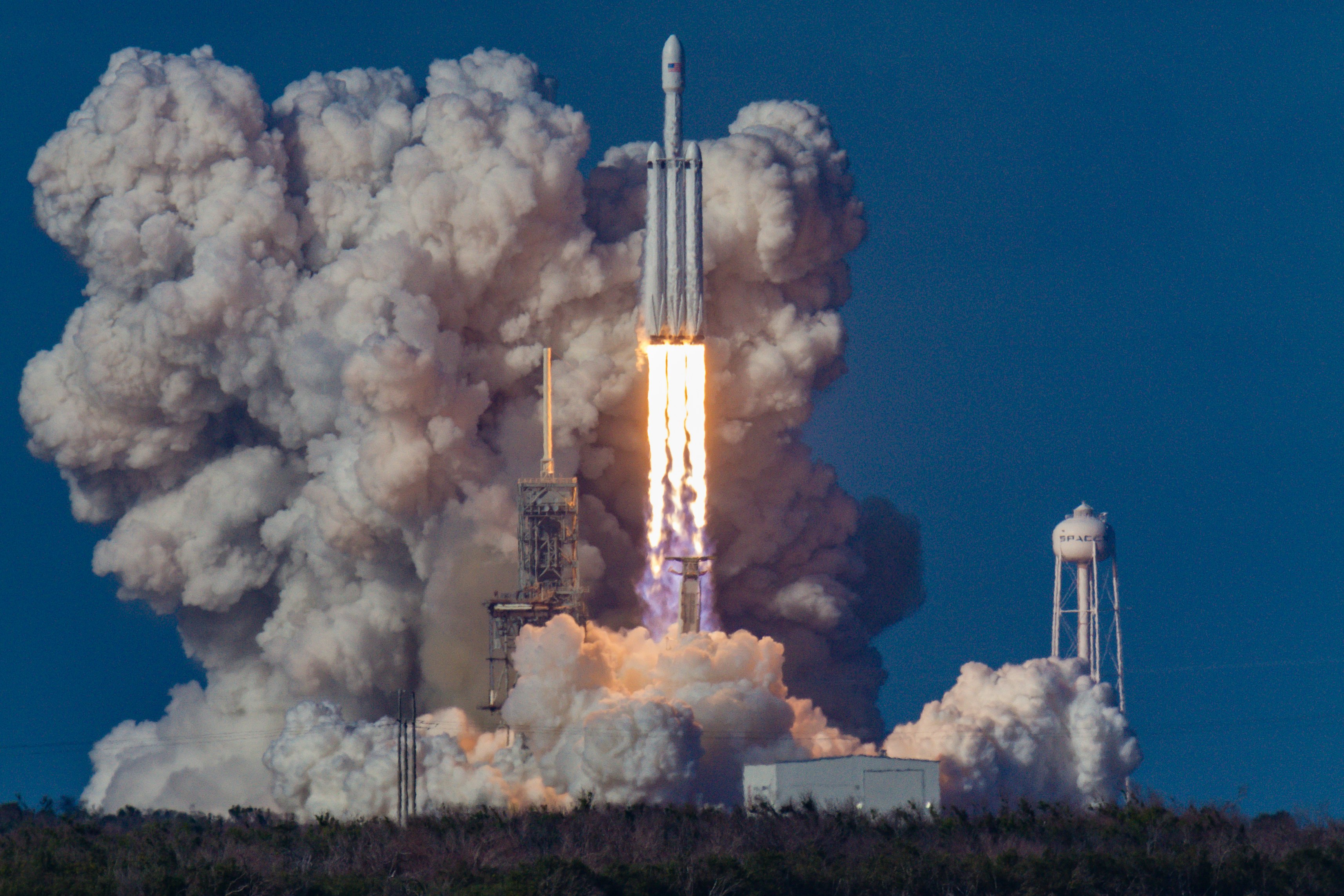- AI-enabled astronaut assistants
You might have seen home assistants such as Nina, Google Assistant, and Alexa. Well, although the astronaut assistants might be different from the Alexa and some other assistants you know, AI-enabled robotic assistants for astronauts might soon be a reality. Researchers are working towards such assistants to help astronauts in a variety of ways. Some of the areas that these assistants can help are sensing leakages, detecting dangers such as changes in the spacecraft's atmosphere and increased carbon dioxide, among others. Cimon, an AI assistant that was flown to the International Space Station in 2019, has been tested, and it showed the potential of reducing the workload that astronauts could have done.
- Designing and planning missions
Mission planning and designing are not easy, but artificial intelligence can come in handy and make these processes more manageable. New space missions rely on the past knowledge collected from previous studies. However, the past information may sometimes be limited or inaccessible fully. This will affect the flow of information and sharing of knowledge. If the information from all the past space missions can be availed to anyone with authority, space missions can be simplified. AI can simplify things by answering complex questions regarding space exploration, which can help plan, design, and manage new space missions.
- Processing satellite data
Satellites used to observe the earth from space generate large and critical amounts of data. This data is received on the earth by the ground stations, often in chunks and over a longer period. With this fragmentation, data has to be pieced together and analyzed to draw meaning. AI algorithms can analyze data in detail and capture patterns or images that a naked eye cannot see. Since data is always large, traditional methods of processing data are often inefficient and tedious. Scientists are now relying on AI to process data and monitor the health of satellites.
- Navigation systems
Navigation systems such as Google Maps that use GPS help us on earth’s navigation. However, there is no such system for space. In other extraterrestrial bodies such as Mars or even the moon, navigation is different and complex because we lack a navigation system. However, millions of images taken by spacecraft and satellites can be used. In collaboration with Intel, researchers from NASA developed an AI-based intelligent navigation system that can be used to explore planets. The system was trained using data from millions of images from different past missions. This indicated that AI could become a critical element for the future of navigation systems.
Although the space exploration industry is still in its baby stages in the use of AI applications, the few areas where AI has already been used have shown massive potential. There is indeed a lot of uncertainty pertaining to adopting AI and other high-end technologies. However, the truth is that it will improve the lives and accuracy of space explorers.












